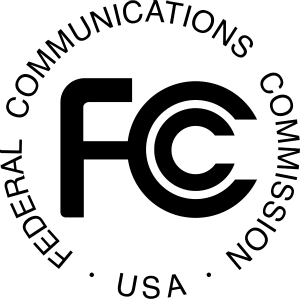
The Federal Communications Commission has voted to relax its third-party fundraising restrictions to permit noncommercial stations to air limited fundraisers for the benefit of other non-profit organizations. Until now they could only conduct on-air fundraising for third parties if they received an FCC waiver or the fundraising activity did not alter or suspend regular programming. Historically, waivers were temporary and given only after a crisis or natural disaster.
Today’s vote relaxes the rules to permit NCEs to devote up to one percent of their annual airtime to fundraising for third-party organizations that qualify as tax-exempt non-profits under Section 501(c)(3) of the Internal Revenue Code, without having to first seek a waiver from the FCC. This will allow NCEs to raise money for worthy causes, such as disaster relief and assistance for the poor, while educating their audiences about important issues. Stations that engage in this type of fundraising can only be reimbursed by the third party for their expenses directly related to the fundraiser. NCEs will also have to run on-air disclosures explaining that they are raising money for a third-party. These clear limits aim to protect the unique noncommercial and educational nature of public broadcasting.
The Commission also voted to ease the reporting burden for volunteer board members of non-commercial broadcasters. Before Thursday’s change it was mandatory that officers and board members of noncommercial educational stations report personal information. The Commission began requiring NCE stations to make “reasonable and good faith efforts” to use unique registration numbers for their officers and board members on subsequent ownership reports. To obtain a unique registration number, volunteers had to submit personal information, such as the last four digits of their social security number, their date of birth, residential address, and full name, or risk being subject to Commission enforcement action. Stations said it was deterring volunteers from serving. Now that information can be submitted voluntarily. It’s not mandatory.





